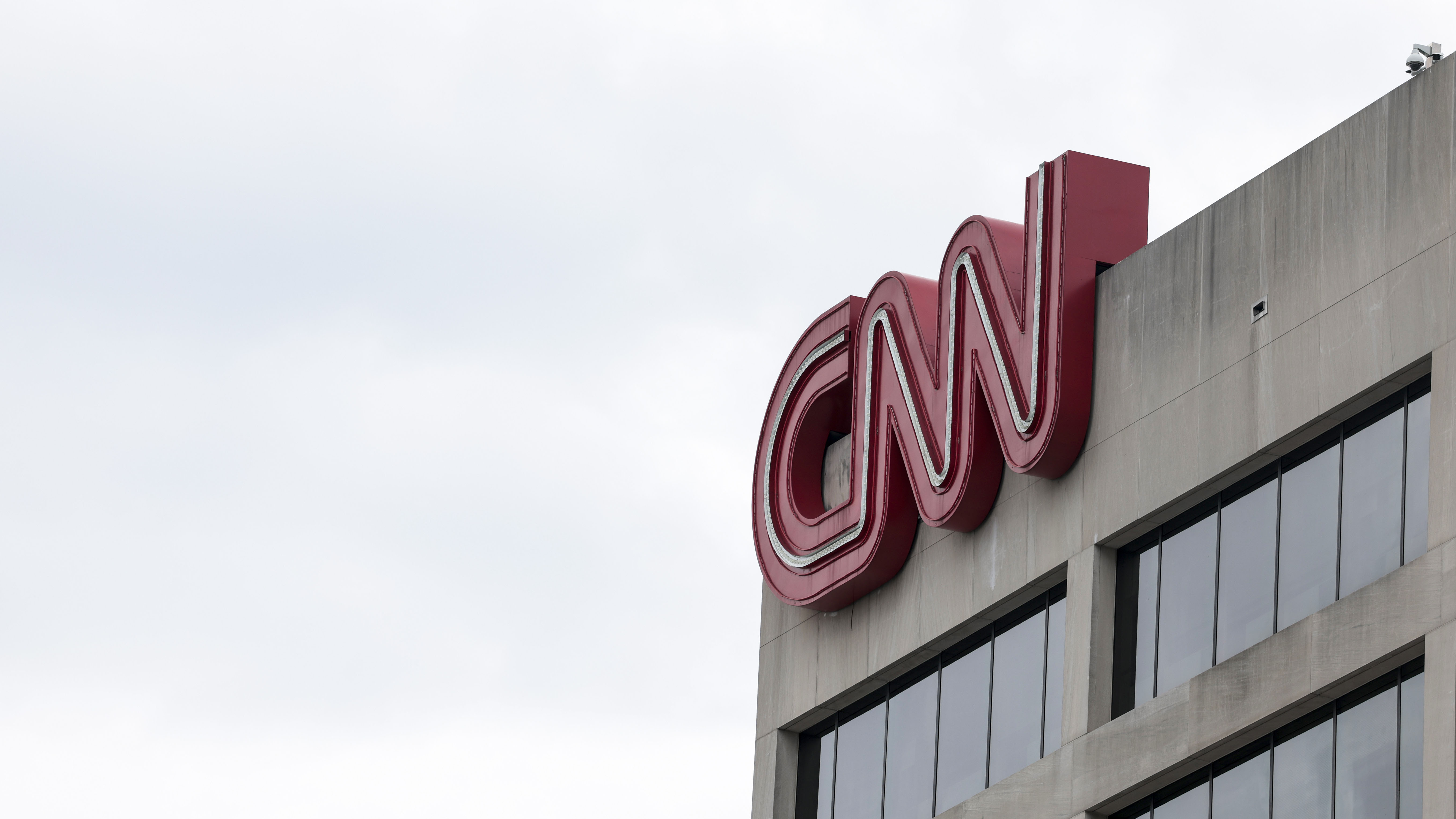Al Jazeera in English
Share Now on:
Al Jazeera in English
KAI RYSSDAL: When you flipped on the television this morning and caught the news about the kidnappings in Baghdad, you had your usual options. The four broadcast networks and CNN. Tomorrow you’ll be able to add what might be one of the most controversial news outlets in the world. Al Jazeera.
You’ve heard of the network’s Arabic channel. It’s aired tapes of Osama bin Laden and graphic war video. Al Jazeera International will be the first 24-hour English-language news service from the Middle East. On the low end, analysts estimate $200 million have been invested so far. On the high end, it’s closer to a billion. Ramy Inocencio explores the price of an image makeover.
AL JAZEERA: This is a real look at the fighting in the south of Afghanistan.
RAMY INOCENCIO: A voice for the Middle East. A counterweight to CNN and BBC. This is Al-Jazeera International, but it may not be what you think.
[Al Jazeera music plays . . . ]
Al Jazeera International’s promotional theme. The channel is largely backed by the oil-rich Emir of Qatar. Its’s also using hip music and famous faces to attract audiences and establish global credibility.
DAVID FROST:“Hello and welcome to Frost Over the World, a new program, for a new network, in a new century.”
They’ve poached one of the world’s most well-known newsmen, Sir David Frost from the BBC, as well as David Marash, a respected reporter from ABC’s Nightline.
Now, it all sounds really slick but, in fact, it’s been a rocky start. And insiders say Al Jazeera’s bottom line will be fiery red for at least the next several years.
MOSTAPHA SAOUT:“It’s very challenging. Al Jazeera is a station that is very notorious.”
That’s ad producer and Moroccan-American Mostapha Saout. He has sold ads to the Al Jazeera Arabic station in the U.S. since 2000.
SAOUT:“Let’s not forget that Al Jazeera is government owned.”
Based on his work with Al Jazeera Arabic, he says the international channel could also be fraught with political landmines.
SAOUT: “It’s very sensitive to certain issues. It has to live up to its own editorial line.”
And that editorial line makes U.S. ad sales hard to come by. It also trips up Al Jazeera International’s efforts to get seen on American TVs. Profit depends on both. But ad sales and cable carriage problems are more than just political. They’re also technological.
BRUCE LEICHTMAN:“They enter a market where the cable and satellite market is virtually saturated.”
Bruce Leichtman is president of Leichtman Media Research Group.
LEICHTMAN:“The plumbing is limited. There’s only so much spectrum that a cable company has.”
And limited spectrum means cable operators only want to broadcast the most popular channels, since their investors simply follow the eyeballs.
Yet another issue:
SIMON APPLEBAUM:“They don’t want to be known as an ethnic channel.”
That’s Simon Applebaum. He’s an editor for Cableworld Magazine in New York. In fact, he says U.S. cable companies have offered contracts to Al Jazeera International. But Al Jazeera turned them down because they didn’t want to be bundled with other ethnic channels.
APPLEBAUM:“They want to be known as a news network. They want to be in that category, not in an ethnic category because they think as an ethnic category they will not have access to as many subscribers as news channels.”
So, how long can the channel stay afloat in this American sea of politics, technology and race? Plus, in those times of revenue drought, exactly how deep are the Emir’s pockets?
SAOUT:“It’s a state secret. I’m sure it’s in the billions. They have a lot of money.”
And that money will be there, when profits are not. Al Jazeera International is here to stay, at least for a while.
In Washington, D.C., I’m Ramy Inocencio for Marketplace.
There’s a lot happening in the world. Through it all, Marketplace is here for you.
You rely on Marketplace to break down the world’s events and tell you how it affects you in a fact-based, approachable way. We rely on your financial support to keep making that possible.
Your donation today powers the independent journalism that you rely on. For just $5/month, you can help sustain Marketplace so we can keep reporting on the things that matter to you.


















